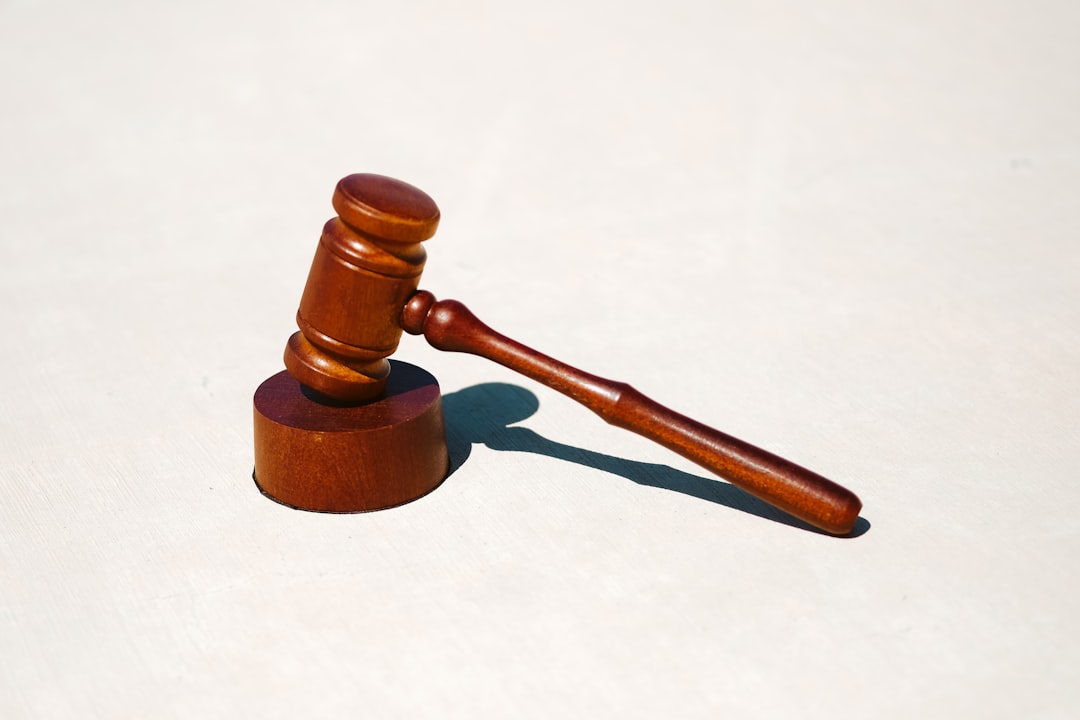In Illinois, protecting the rights of abuse victims is paramount. This comprehensive guide explores the legal framework surrounding sexual abuse, emphasizing the crucial role of specialized sexual abuse lawyers in navigating complex systems. We delve into state laws designed to safeguard survivors, their access to justice, and the healing process. Additionally, discover valuable resources and support networks available for those affected by abuse, empowering them with knowledge and tools for a brighter future.
Understanding Illinois Laws Protecting Abuse Victims

In Illinois, protecting the rights of abuse victims is a top priority. The state has comprehensive laws in place to ensure that individuals who have experienced sexual abuse or any other form of violence receive support and justice. A sexual abuse lawyer in Illinois plays a crucial role in navigating these legal protections, helping victims understand their rights, and guiding them through the often complex legal process.
These laws cover various aspects, including criminal proceedings, civil lawsuits, and protective orders. Victims have the right to seek compensation for their suffering, while also having access to services such as counseling and emergency shelters. Furthermore, Illinois offers robust protections against retaliation, ensuring that victims feel safe when coming forward to report abuse. This comprehensive approach is designed to empower survivors and foster a safer environment for all residents of Illinois.
The Role of Sexual Abuse Lawyers in Illinois

In Illinois, sexual abuse lawyers play a pivotal role in advocating for and protecting the rights of victims. These specialists are equipped to navigate complex legal systems and offer crucial support during what can be an incredibly challenging time for survivors. They ensure that victims’ voices are heard and their stories are accurately represented, which is essential for seeking justice and achieving fair outcomes.
Sexual abuse lawyers in Illinois have extensive knowledge of state laws and policies related to sexual assault cases. They guide clients through the legal process, explaining options, rights, and potential consequences. This expertise enables them to build strong cases, gather evidence, and negotiate with authorities or defendants to secure the best possible results for their clients. Their work helps to hold perpetrators accountable while offering victims a sense of safety, empowerment, and closure.
Navigating Legal Systems for Justice and Healing

Navigating the legal system can be a daunting task, especially for those who have experienced trauma and abuse. In Illinois, victims of sexual abuse can find support by seeking help from qualified attorneys specializing in this area. A sexual abuse lawyer Illinois can provide guidance and represent their client’s interests, ensuring they receive justice and access to healing resources.
These legal professionals are equipped to handle complex cases, offering a safe space for survivors to share their stories. They understand the emotional and physical toll of abuse and work tirelessly to protect the rights of victims. By employing strategic legal approaches, these lawyers aim to hold perpetrators accountable while empowering clients to take control of their healing journey.
Resources and Support for Survivors in Illinois

Survivors of abuse in Illinois have access to a range of resources and support services designed to aid their recovery. Local and state organizations offer counseling, legal assistance, and safe housing for those who have experienced sexual abuse or other forms of trauma. A sexual abuse lawyer in Illinois can provide guidance on legal rights, help navigate complex systems, and ensure survivors receive the justice they deserve. These professionals are equipped to handle sensitive cases and advocate for victims’ needs.
The state’s legal framework also includes provisions to protect abuse survivors, such as orders of protection and confidential reporting options. Support groups and community organizations further enrich the available resources, fostering a sense of community among those who have endured similar experiences. This comprehensive network aims to empower survivors, offer healing, and promote long-term well-being.






